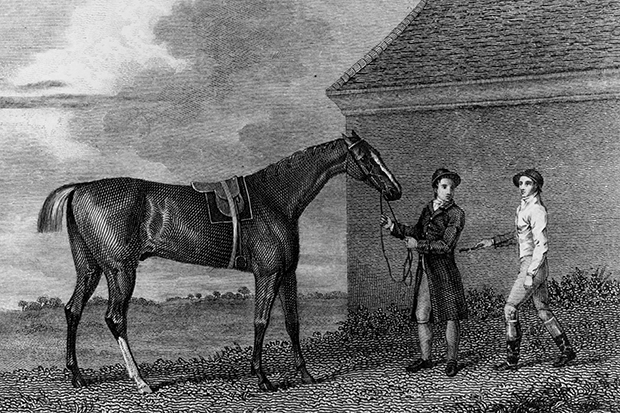Mask of the Sun: The Science, History and Forgotten Lore of Eclipsesby Norton, £20, pp. 336
On 28 May 1900 Mabel Loomis Todd, friend and editor of the poet Emily Dickinson, stood with her astronomer husband on the roof of a house in Tripoli to witness one of nature’s most spectacular events: a total eclipse of the sun. Afterwards she wrote:
I doubt if the effect of witnessing a total eclipse ever quite passes away… A startling nearness to the gigantic forces of nature and their inconceivable operation seems to have been established.
My own first experience of a total solar eclipse was also in North Africa, at a remote viewing site in the depths of the Libyan desert. As the resident astronomer on an organised eclipse tour, I had done my homework. Being familiar with the diagrams and equations of orbital mechanics, and with photographs and videos of previous eclipses, I was steeped in the predictive power of modern science.
But nothing had prepared me for the visceral sense of unease as the sunlight faded under a cloudless sky. In the final moments before totality, as the crescent sun dwindled to a sliver of light, I looked towards the horizon and saw a wall of darkness rushing towards me: the shadow of the moon travelling at more than 1,000 miles an hour. No one had told me that the sky would take on such an intense shade of indigo, or that the moon would seem like a black hole punched into the heavens. Around it the wispy halo of the sun’s outer atmosphere was the purest white imaginable, while, angling off to one side, the planets Mercury, Venus and Mars stood in a line like an astronomer’s diagram.








Comments
Join the debate for just £1 a month
Be part of the conversation with other Spectator readers by getting your first three months for £3.
UNLOCK ACCESS Just £1 a monthAlready a subscriber? Log in